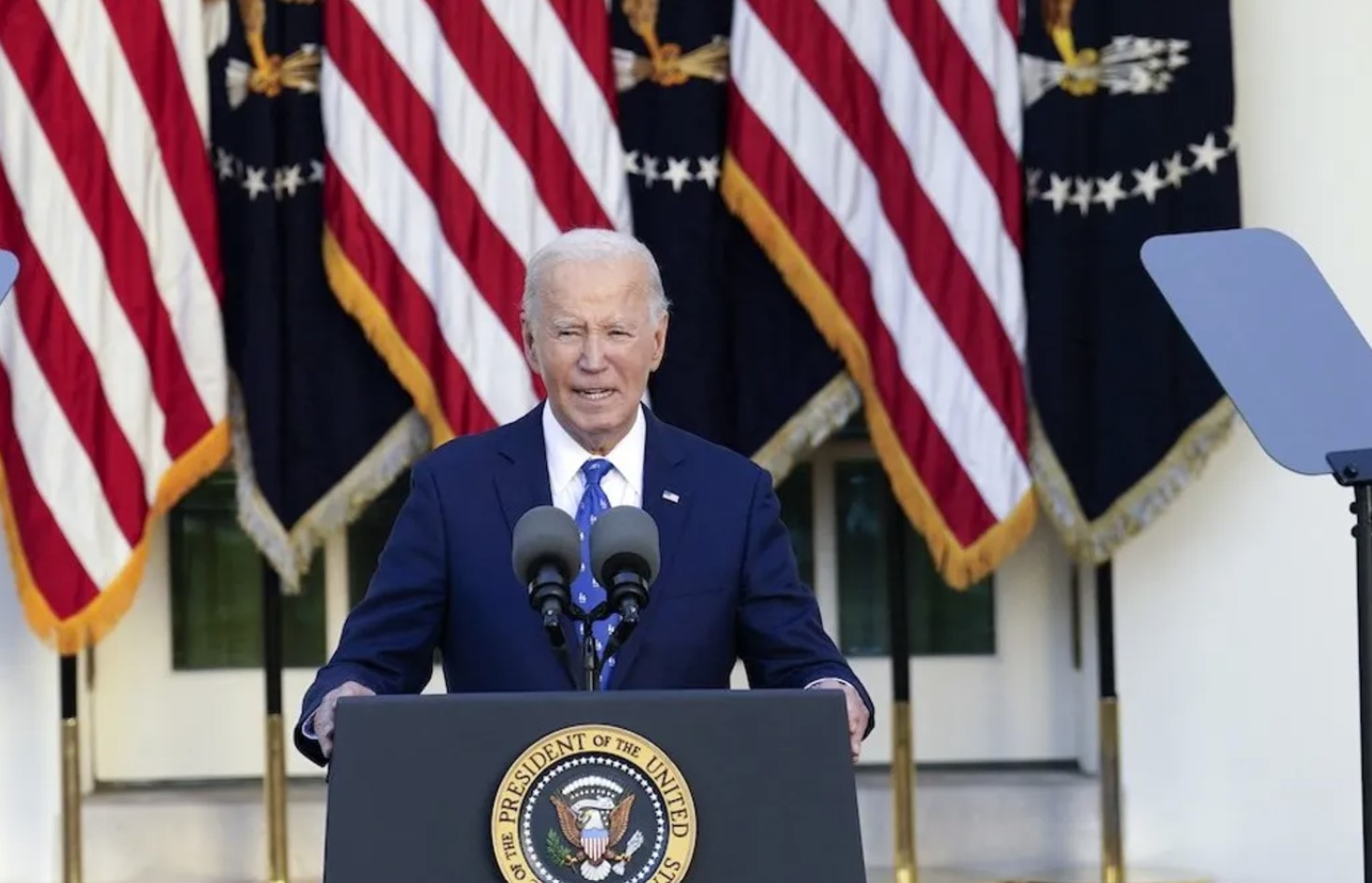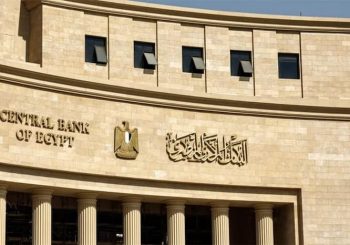A ceasefire agreement between Israel and Hezbollah is set to take effect at 4AM local time (02:00 GMT) on Wednesday, following months of devastating conflict that has claimed thousands of lives and displaced hundreds of thousands of Lebanese.
The truce, brokered with the mediation of the United States and France, was announced late Tuesday by Israeli Prime Minister Benjamin Netanyahu and confirmed in a later speech by US President Joe Biden.
The agreement comes after intense fighting that has left at least 3,102 people dead and 13,819 injured across Lebanon, according to the country’s Ministry of Health. Biden described the ceasefire as “good news,” emphasizing that it was designed to bring about a “permanent cessation of hostilities.” However, echoing Israeli Prime Minister Netanyahu, he reiterated that Israel reserves the right to defend itself if the deal is violated.
International Praise for Ceasefire Deal
The truce has been welcomed by leaders worldwide.
Lebanese Prime Minister Najib Mikati described the agreement as a “fundamental step towards restoring calm and stability in Lebanon” and an opportunity to enable displaced persons to return to their homes.
Mikati also affirmed Lebanon’s commitment to implementing United Nations Security Council Resolution 1701, which originally sought to end the 2006 war between Israel and Hezbollah but was never fully enacted.
European Union leaders also expressed support. EU chief Ursula von der Leyen stated that the agreement could strengthen Lebanon’s internal security and stability, while EU foreign policy chief Josep Borrell praised the mediation efforts by the US and France, calling the ceasefire a moment of hope amidst the devastation.
However, not all factions within Israel’s government have supported the truce. National Security Minister Itamar Ben-Gvir criticized the deal, claiming it fails to secure the return of displaced Israelis and questioning the Lebanese Army’s ability to counter Hezbollah effectively.
“In order to leave Lebanon, we must have our own security belt,” he wrote on X (formerly Twitter).
Despite the impending truce, tensions remained high on Tuesday night as Israel issued new evacuation warnings for southern suburbs of Beirut, an area that has often been targeted in airstrikes. Reports from local media, including MTV Lebanon News, indicated that Israeli attacks struck an apartment in the Khandaq al Ghamiq area just hours before the ceasefire was set to take effect.
Humanitarian and Regional Impact
The conflict, described by Biden in his announcement of the truce as “the deadliest between Israel and Hezbollah in decades,” has displaced over 70,000 Israelis and 300,000 Lebanese civilians. Biden highlighted the toll on both sides, asserting that neither the Lebanese people nor Israel sought the war, and pledged continued US support for implementing the ceasefire agreement without involving US troops.
While the focus remains on ensuring the ceasefire holds, Biden also drew attention to the ongoing war on Gaza, where more than 41,000 Palestinians have been killed by Israel, a large number of whom are women and children. “The people of Gaza have been through hell. Their world has been shattered,” he said, calling for renewed efforts toward a ceasefire in the region.
Over the next 60 days, the Lebanese Army is expected to take control of Hezbollah-held territories in southern Lebanon as part of the ceasefire terms. The US and France have pledged to work closely with Israel and Lebanon to fully implement the agreement, with hopes that it will bring lasting peace.







Comments (0)